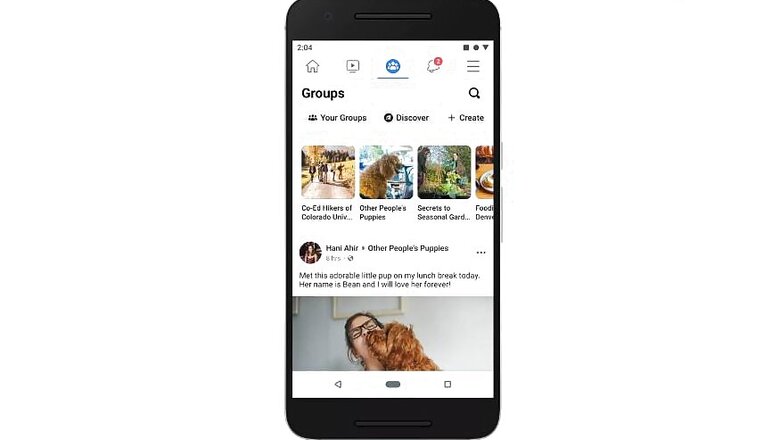
views
Your Facebook posts reveal a lot more than you intend to share, according to a new study. They may help identify conditions such as diabetes, anxiety, depression and psychosis in patients, according to researchers from Penn Medicine and Stony Brook University. Using an automated data collection technique, the researchers analyzed the entire Facebook post history of nearly 1,000 patients who agreed to have their electronic medical record data linked to their profiles, according to Science Daily.
"This work is early, but our hope is that the insights gleaned from these posts could be used to better inform patients and providers about their health," said lead author Raina Merchant, the director of Penn Medicine's Center for Digital Health and an associate professor of Emergency Medicine. "As social media posts are often about someone's lifestyle choices and experiences or how they're feeling, this information could provide additional information about disease management and exacerbation."
They then then built three models to analyze their predictive power for the patients: one model only analyzing the Facebook post language, another that used demographics such as age and sex, and the last that combined the two datasets. Researchers found that all 21 conditions they were looking into were predictable from Facebook alone. In fact, 10 of the conditions were better predicted through the use Facebook data instead of demographic information.
For example, "drink" and "bottle" were shown to be more predictive of alcohol abuse. However, others weren't as easy. For example, the people that most often mentioned religious language like "God" or "pray" in their posts were 15 times more likely to have diabetes than those who used these terms the least. Additionally, words expressing hostility -- like "dumb" and some expletives -- served as indicators of drug abuse and psychoses. "Our digital language captures powerful aspects of our lives that are likely quite different from what is captured through traditional medical data," said the study's senior author Andrew Schwartz, a visiting assistant professor at Penn in Computer and Information Science, and an assistant professor of Computer Science at Stony Brook University.
"Many studies have now shown a link between language patterns and specific disease, such as language predictive of depression or language that gives insights into whether someone is living with cancer. However, by looking across many medical conditions, we get a view of how conditions relate to each other, which can enable new applications of AI for medicine."
Merchant said that it's tough to predict how widespread such a system would be, but it "could be valuable" for patients who use social media frequently. "For instance, if someone is trying to lose weight and needs help understanding their food choices and exercise regimens, having a healthcare provider review their social media record might give them more insight into their usual patterns in order to help improve them," Merchant said.
"One challenge with this is that there is so much data and we, as providers, aren't trained to interpret it ourselves -- or make clinical decisions based on it," Merchant said. "To address this, we will explore how to condense and summarize social media data."




















Comments
0 comment